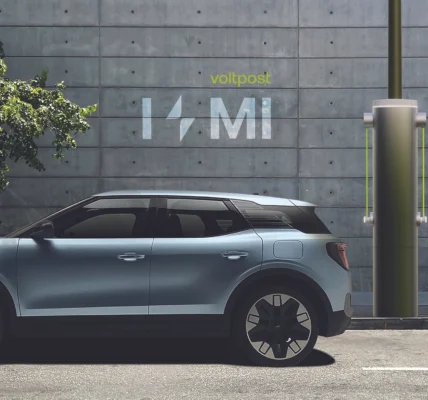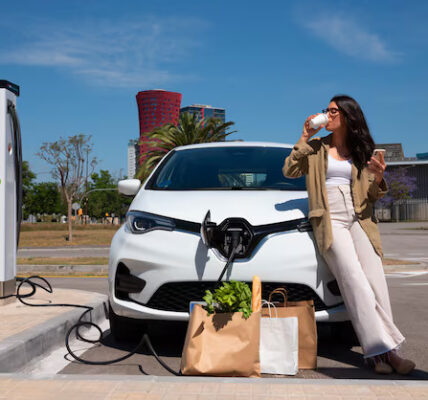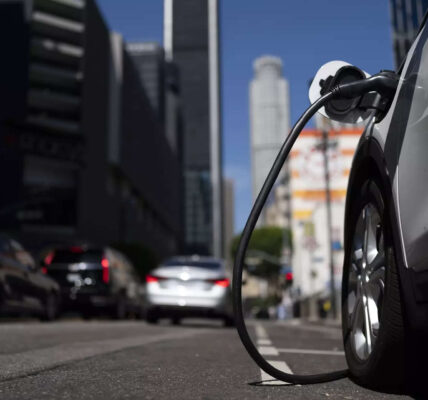When new requirements for the EV tax credit took effect in April, the number of electric vehicles that qualified for the $7,500 tax break dropped dramatically.
Right now only about a dozen cars, mostly from US automakers, are on the IRS’ official list.
But almost any make or model EV is eligible for the full credit if you lease, rather than buy it outright. Currently, $3,750 of the “clean vehicle creditis dependent on at least half of the battery components being manufactured in North America. You can claim the other $3,750 if at least 40% of its critical minerals are sourced from the US or a trade partner.
But the Inflation Reduction Act of 2022, which established the new guidance, categorizes leased automobiles as commercial vehicles, which aren’t subject to the same sourcing requirements.
Technically, it’s not the consumer who gets the tax break, but the dealership that leases the car. “Because the car is still owned by the lessor, they’re the one who can claim the credit,” said Brian Moody, executive editor for Kelley Blue Book.
But EV manufacturers, especially foreign ones locked out of the tax credit, are passing the savings along in the form of better leasing terms. Hyundai’s $499-a-month leasing deal for the Ioniq 5 includes a “$7,500 Total EV Lease Reward,” while Kia is offering a $7,500 “bonus” on the 2023 EV6 through July 5.








